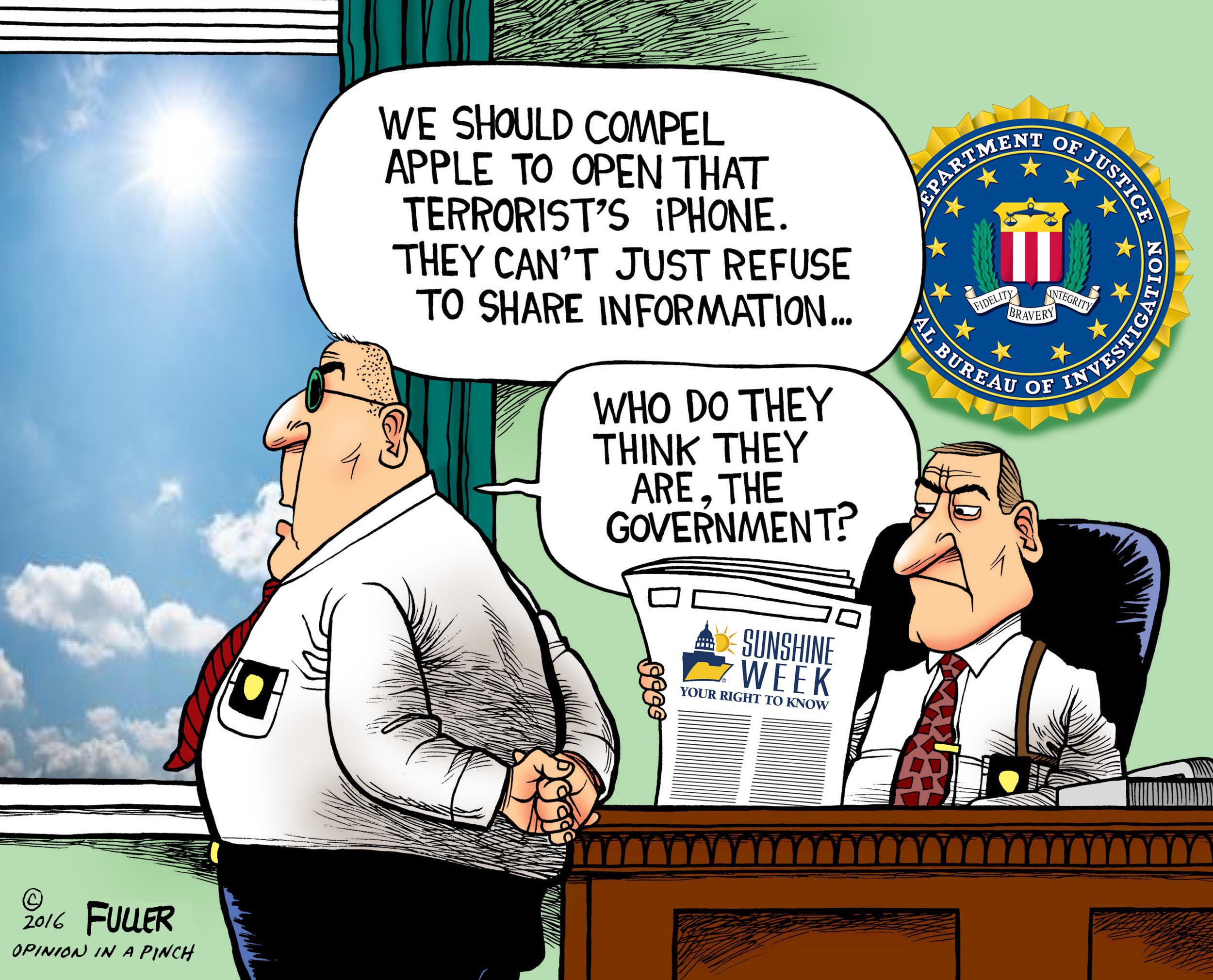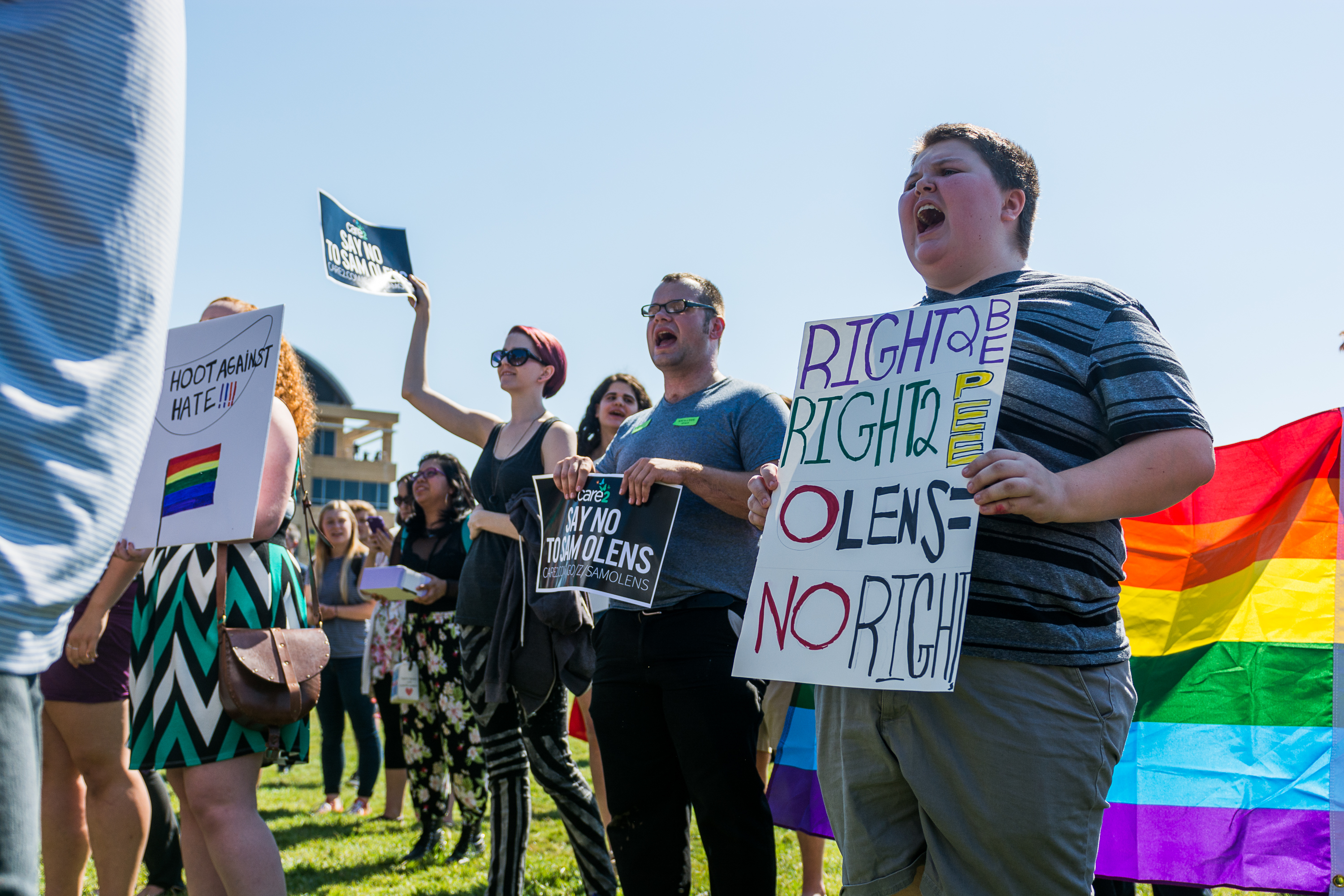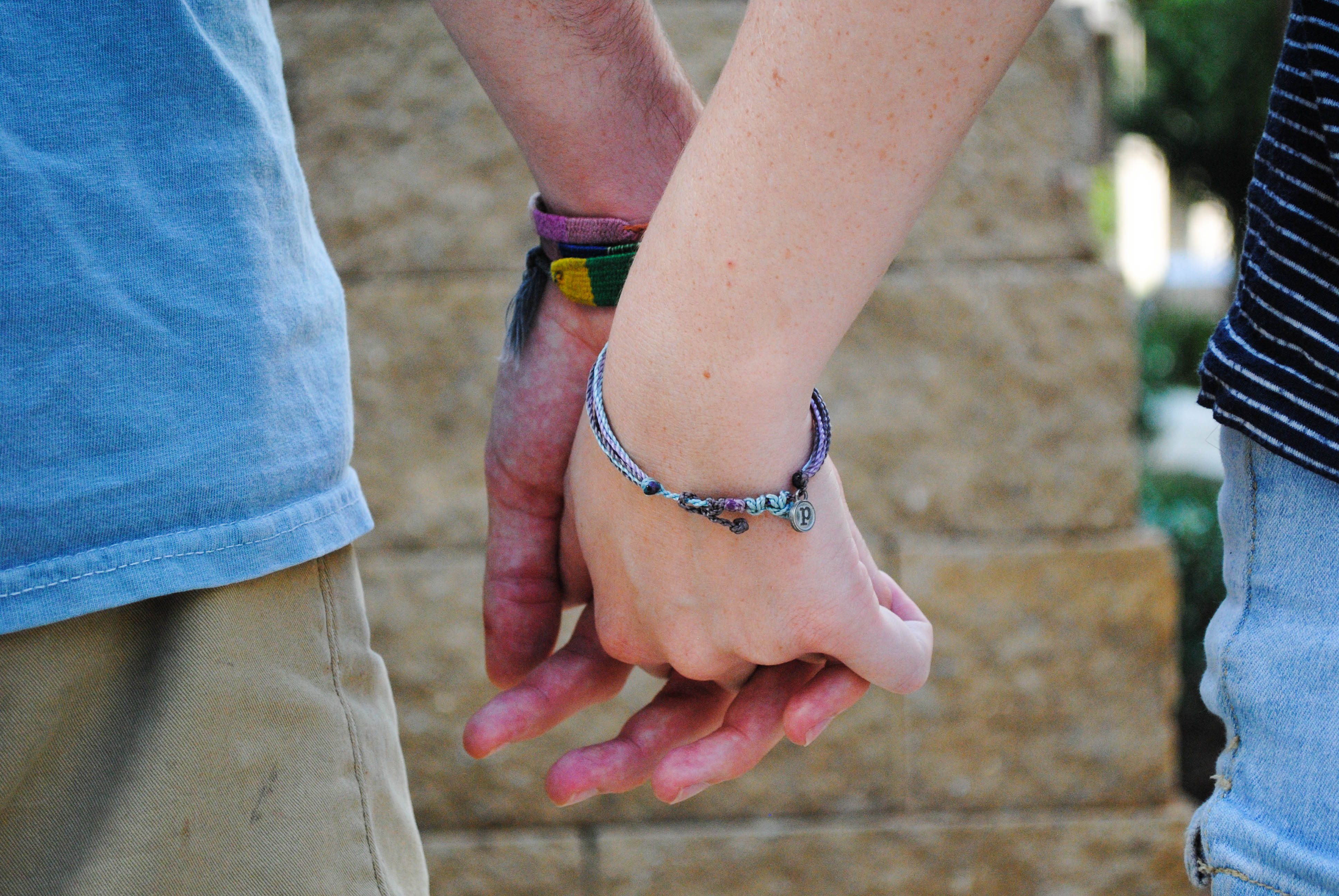In the wake of these recent attacks, the idea of terrorism has become a major talking point in the news. After these terrible incidents classifying them as terrorism, potential terrorism or even not using the word becomes a major argument in how we discuss these attacks. The problem with the rhetoric is the word, in no uncertain terms, is meaningless. Terrorism is defined as “the use of violence and intimidation in the pursuit of political aims.” The media would have you believe this word is the most important part of the debate, but it is not. Giving a name to a tragedy does nothing to stop the violence or the reasons behind it. The word terrorism is a verdict, not a solution.
We all agree that these tragedies are terrible examples of the times we live in and share a common verdict in our response. It does not matter whether we define the crime as terrorism, as murder, or any other word you would find appropriate. What matters is why. The pursuit of political aims is an intangible idea within our current sociopolitical climate. It has been simplified to a judgment of Islam, a fear of the proliferation of Sharia Law, and what people see as worrisome cultural differences.
These are not examples of political aims, they are our over-simplified interpretation of a complex issue. Our country has become so conditioned to see reasons as excuses that we do not attempt to look any deeper into a tragedy than as another example of the war between Islam and the West. Understanding why Muslim men who have lived in America for long periods of time become radicalized is an important aspect of creating solutions and ending the violence.
Debating our culpability and the effects of our foreign policies and even our actions at home is an important part of facilitating peace. We have labeled ISIS and all of its forms monstrous and rightly so, but even the most grotesque among us have reasons for their actions. The other side in any fight believes themselves to be right, to be the brave heroes overcoming the arch foe. As we define and label ISIS superficially so do they superficially define and label us.
We allow ourselves to become so caught up in the superficial we refuse to listen and discover methods of creating meaningful change. Knowledge is power, the power to not only overcome our enemies through war but the power to engage policies that limit radicalization before it starts. When people are oppressed their voices are stolen and all they have left are their hands, some use those hands to write, to effect change through words, but the desperate use those hands to fight because they feel all other choices are lost to them.
Hate is the disease that is destroying our world, and it will kill us faster than anything else. It is a cancer not limited to any one place, race, or religion, but pervasive in all of us. We have forgotten how to be kind or we never learned it in the first place. We use the violence perpetrated by ISIS to legitimize violence and abuses against Muslim people both here at home and abroad. We accost Muslims in public places, we dismiss the voices among them, the writers, the protestors, the amazing men and women struggling at home and abroad to fight for change until all that is left is the violence.
Samantha McKay is a Kennesaw State Senior majoring in English




Muslim men have been committing terror ever since their prophet told them to. In fact Mohammed (their prophet) led his men in 60 battles including the battle of Qurayza where he told his men to behead all 900 men and adolescent boys in the village and encouraged them to enslave and rape the women.
The history of Islam is a large chapter in the history of terrorism. Be it the genocide of the Animists in Sudan in the last 30 years or the genocide ofm 70 million Hindus in southern Asia over the last thousand years, be it the genocide of the Berbers of North Africa a thousand years ago or the invasion and eviction of the Jews of Judea and Samaria.
Islam and terrorism, rape, plunder, enslavement go hand-in-hand.